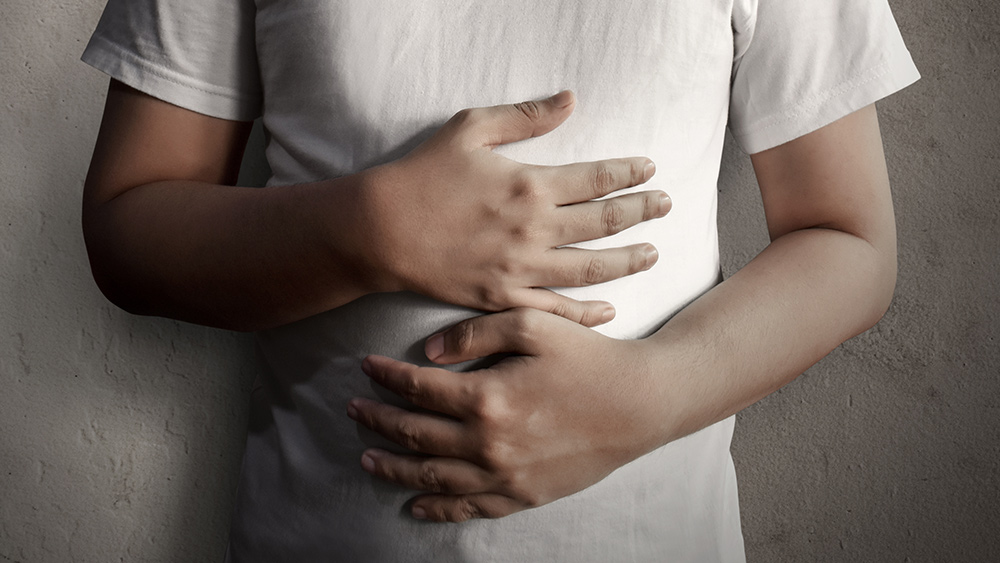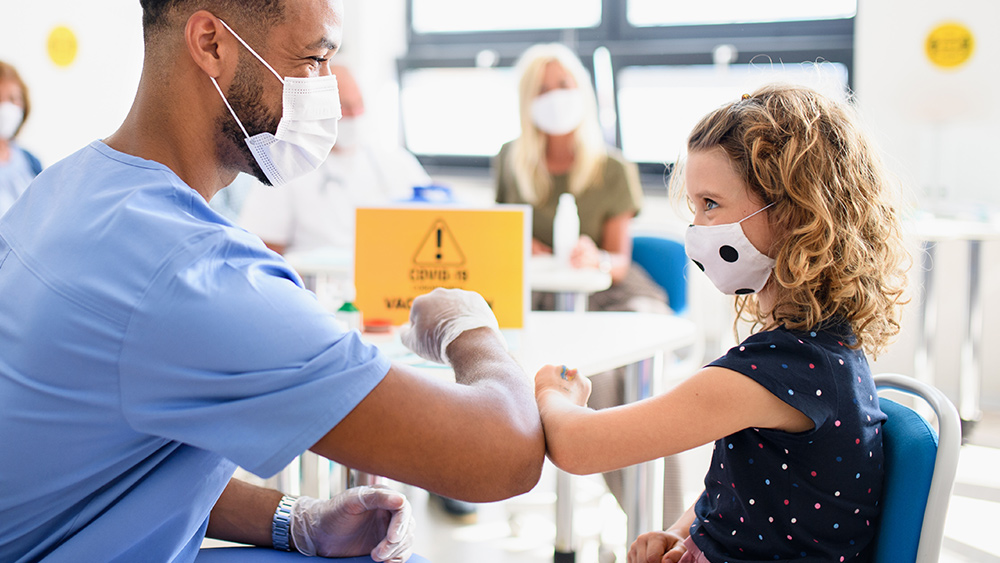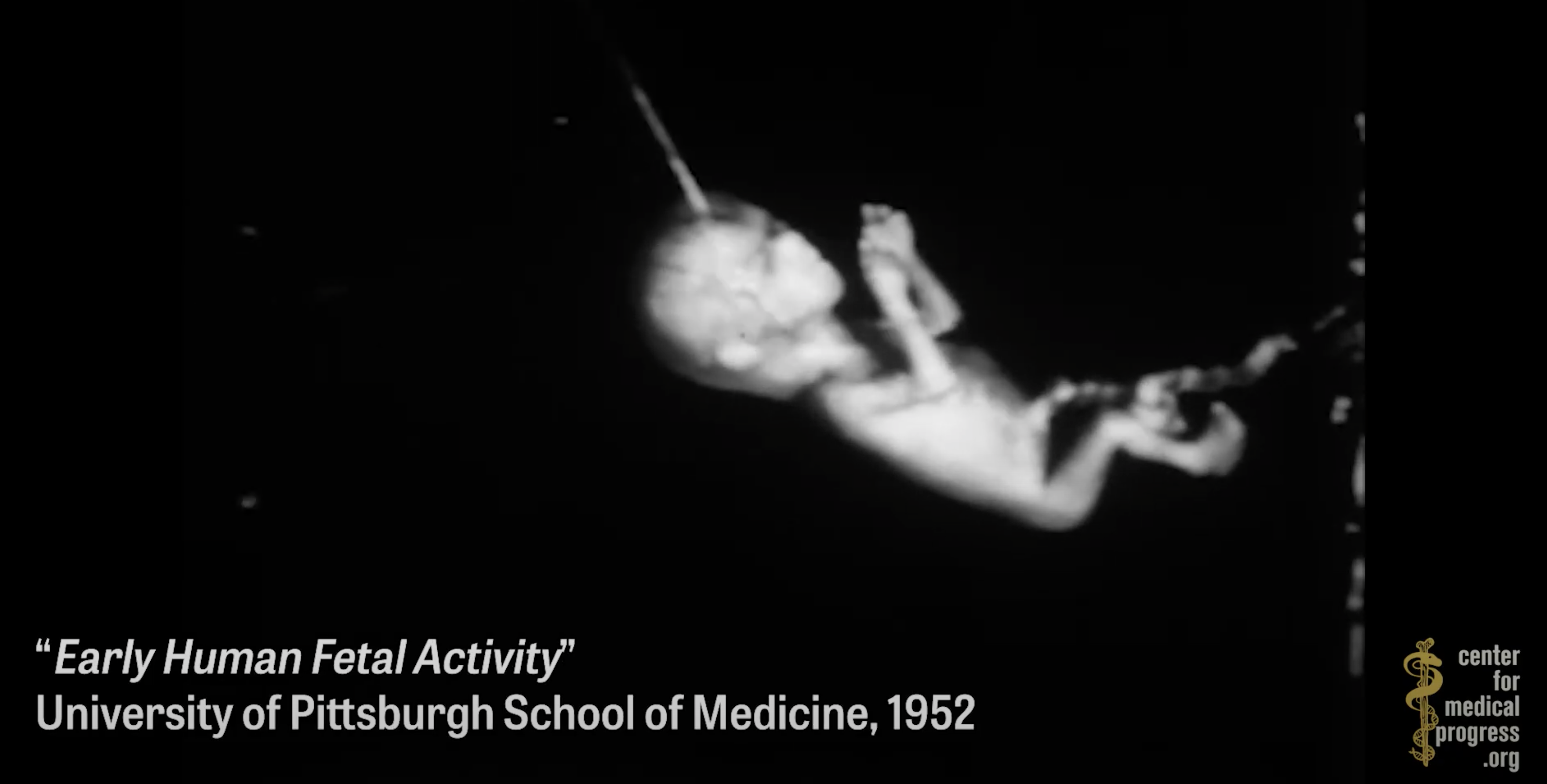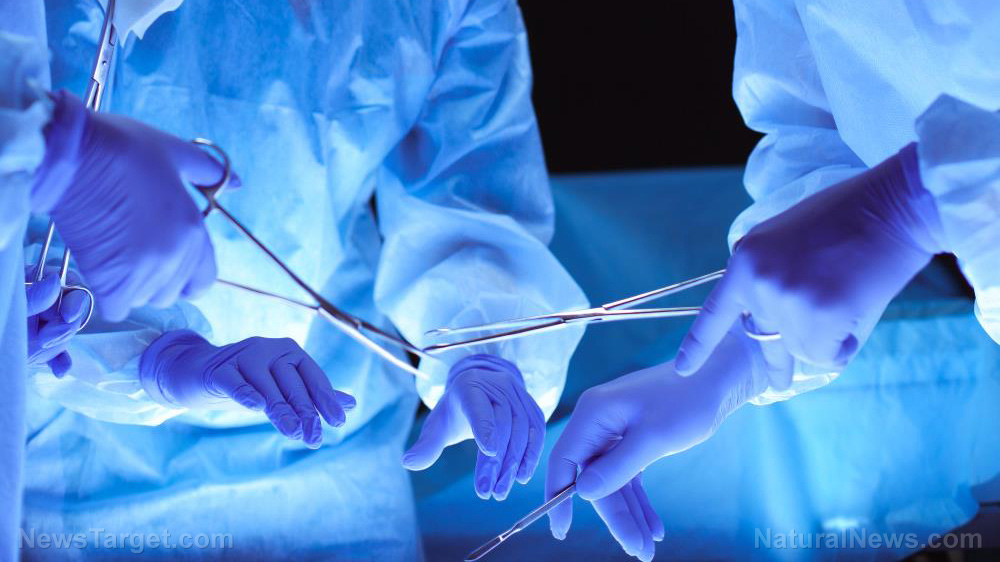Vitamin D deficiency causes lower back pain in postmenopausal women, suggests study
07/06/2022 / By Mary Villareal
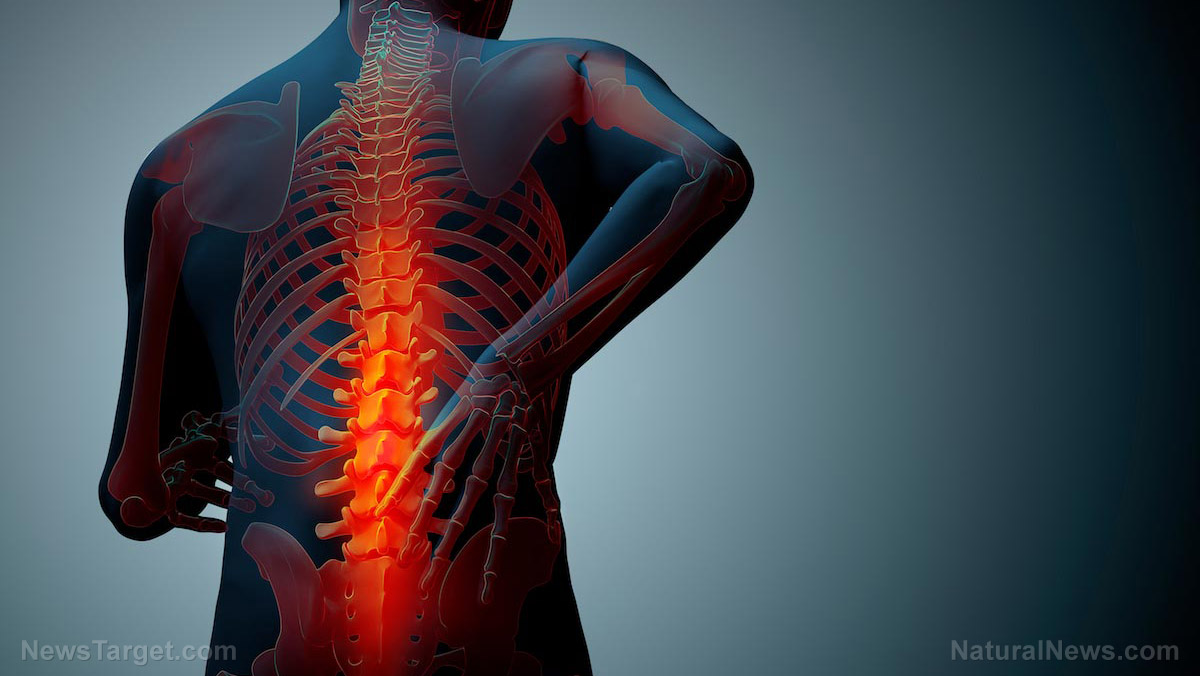
Lumbar disc degeneration is a degenerative disease caused by age-related wear and tear on a spinal disc. This causes low back pain and is observed to be more severe in postmenopausal women than men of the same age. While previous studies have linked low estrogen levels to disc degeneration, a recent study found that vitamin D deficiency may also be a contributor to lumbar disc degeneration and low back pain in postmenopausal women.
The study was published in the journal Menopause.
Risk factors for disc degeneration and low back pain
The science is clear regarding the role of estrogen loss in disc degeneration of the lumbar spine. In a 2017 study involving a cohort of 1,566 women and 1,382 age-matched men, researchers found that women who have not yet hit menopause are less susceptible to disc degeneration than men of the same age.
However, after menopause, women were found to have a greater risk of developing severe lumbar disc degeneration than men of the same age and even premenopausal and postmenopausal women. The most dramatic difference, in fact, can be seen in the first 15 years after the onset of menopause.
According to the researchers, this suggests that the drop in estrogen levels, which occurs during menopause, is a risk factor for disc degeneration of the lumbar spine. It is important to note that estrogen has a huge impact on bone density, being a major hormonal regulator of bone metabolism. In fact, research shows that estrogen plays a crucial role in maintaining bone formation at the cellular level, which is why loss of this hormone during menopause results in the loss of bone density.

But estrogen is not the only thing women lose after menopause. Vitamin D deficiency has also been reported to be highly prevalent in postmenopausal women. This is why researchers at the Tongji University School of Medicine in Shanghai decided to investigate whether vitamin D deficiency also influences lumbar disc degeneration and low back pain in postmenopausal women.
Based on data they gathered from 232 women with a mean age of 65.6, the researchers found that women who were severely deficient in vitamin D — i.e., those with <10 nanograms (ng)/milliliter (mL) — had higher visual analog scale (VAS) scores for low back pain than women with normal vitamin D levels. Vitamin D-deficient women also had lower bone mineral density T scores.
In addition, data showed that low vitamin D levels were significantly associated with more severe disc degeneration in the lower back (lumbosacral region), and that women with the lowest vitamin D levels suffered the most severe degeneration and back pain. After adjusting for confounding factors, the researchers identified the following as contributors to a higher incidence of moderate-to-severe pain: smoking, high body mass index, low bone mineral density T score and lack of vitamin D supplementation.
For postmenopausal women seeking relief from severe low back pain, returning your vitamin D levels to normal if you’re vitamin D-deficient can help. As reported by a study published in The Journal of Steroid Biochemistry and Molecular Biology, vitamin D supplementation can greatly reduce back pain and pain-related disability among vitamin D-deficient adults, as well as overweight or obese individuals. Both vitamin D and obesity are risk factors for back pain.
Symptoms of vitamin D deficiency
Vitamin D deficiency is very common, with an estimated one billion people worldwide having this problem. A review noted that 41.6 percent of adults in the U.S. are vitamin D-deficient, but this number goes up to 69.2 percent for Hispanic adults and 82.1 percent for African-American adults. (Related: Epidemic of Vitamin D deficiency sweeping the world.)
Below is a list of signs and symptoms of vitamin D deficiency:
- Getting infections or being sick often. Vitamin D keeps your immune system strong enough to fight bacteria and viruses that cause illness. Vitamin D interacts favorably with cells that are responsible for fighting infections. If you are often down with a cold or the flu, you may be low in vitamin D.
- Tiredness and fatigue. Vitamin D deficiency can cause tiredness and fatigue, but it is often overlooked for many other causes. However, studies have shown that low vitamin D levels can negatively impact your quality of life.
- Bone and back pain. Vitamin D improves your body’s absorption of calcium, thus helping maintain the health of your bones. Observational studies have found a link between vitamin D deficiency and chronic lower back pain.
- Bone loss. Vitamin D plays a crucial role in calcium absorption and bone metabolism. In a large observational study involving menopausal or post-menopausal women, researchers found a link between low vitamin D levels and low bone mineral density.
- Muscle pain. Causes of muscle pain are difficult to pinpoint, but there is evidence that vitamin D deficiency may be a potential cause of muscle pain in both children and adults.
Vitamin D deficiency is very common, but not everyone is aware of it. This is because the signs and symptoms are usually subtle and nonspecific, so it’s hard to know whether they are caused by low vitamin D levels or other factors. Fortunately, vitamin D deficiency is easy to fix: You can either increase your sun exposure or add more vitamin D-rich foods to your diet or through supplements.
Watch the video below to learn more about the benefits of vitamin D.
This video is from the Holistic Herbalist channel on Brighteon.com.
More related stories:
Magnesium and vitamin D: The perfect pair?
Supplementing with vitamin D shown to reduce chronic lower back pain.
Vitamin D deficiency is common – here’s how it can affect your health.
9 Natural ways to relieve and prevent back pain.
9 Hip mobility exercises that can help ease lower back pain.
Sources include:
Submit a correction >>
Tagged Under:
aging, back pain, bone disease, bone health, bone loss, health science, low back pain, lumbar disc degeneration, Menopause, nutrients, postmenopause, research, vitamin D, vitamin D deficiency, women's health
This article may contain statements that reflect the opinion of the author




